|
The recent session of the U.S. Supreme Court will likely be remembered for two major rulings implicating fundamental separation of powers doctrine: Trump v. United States, establishing presumptive immunity from prosecution for official presidential acts; and Loper Bright Enterprises v. Raimondo, dispensing with the long-established “Chevron Two Step” granting deference to a federal agency’s interpretation of statutes. In both instances, the Court reaffirmed our constitutional system of checks and balances, including protection against encroachment on the powers and privileges of one branch of government by another.
Against the backdrop of those headline-dominating developments, the Supreme Court also took on several important First Amendment cases, with results that were constitutionally sound. Below are the highlights – and summaries – of the Court’s First Amendment jurisprudence released in recent weeks. Food and Drug Administration v. Alliance for Hippocratic Medicine In a unanimous ruling, the Supreme Court rejected a challenge to the Food and Drug Administration’s regulation of the abortion drug mifepristone. Little noticed by the media, the Court’s opinion also firmly nailed down the conscience right of physicians to abstain from participating in abortions and prescribing the drug. Writing for the Court, Justice Kavanaugh said that the Church Amendments, which prohibit the government from imposing requirements that violate the conscience rights of physicians and institutions, “allow doctors and other healthcare personnel to ‘refuse to perform or assist’ an abortion without punishment or discrimination from their employers.” From now on, any effort to restrict or violate the conscience rights of healers will go against the unanimous opinion of all nine justices of the U.S. Supreme Court. Vidal v. Elster The Supreme Court, in another unanimous decision, overturned a lower court ruling that found that the U.S. Patent and Trademark Office’s denial of an application to trademark a phrase including the name “Trump” violated the filer’s First Amendment rights. Writing for the Court, Justice Thomas wrote that “[o]ur courts have long recognized that trademarks containing names may be restricted.” But such trademark restrictions, while “content-based” must be “viewpoint neutral.” This opinion prevents commercial considerations to scissor out pieces of the national debate. While the decision rejected a novel First Amendment claim to a speech-restricting trademark, it affirms sound First Amendment principles and protects the speech of all others who would discuss and debate the virtues and vices of prominent public figures. The Court was right to refuse the endorsement of a government-granted monopoly on a phrase about a presidential candidate. NRA v. Vullo NRA v. Vullo – yet another unanimous opinion – cleared the way for the National Rifle Association to pursue a First Amendment claim against a New York insurance regulator who had twisted the arms of insurance companies and banks to blacklist the group. Maria Vullo, former superintendent of the New York State Department of Financial Services, met with Lloyd’s of London executives in 2018 to bring to their attention technical infractions that plagued the affinity insurance market in New York, unrelated to NRA business. Vullo told the executives that she would be “less interested” in pursuing these infractions “so long as Lloyd’s ceased providing insurance to gun groups.” She added that she would “focus” her enforcement actions “solely” on the syndicates with ties to the NRA, “and ignore other syndicates writing similar policies.” The Court found for the NRA, writing that, “[a]s alleged, Vullo’s communications with Lloyd’s can be reasonably understood as a threat or as an inducement. Either of those can be coercive.” The Supreme Court’s opinion vacates the Second Circuit’s ruling to the contrary and remands the case to allow the lawsuit to continue. As the Court wrote, “the critical takeaway is that the First Amendment prohibits government officials from wielding their power selectively to punish or suppress speech, directly or (as alleged here) through private intermediaries.” And we wholeheartedly agree – censorship by proxy is still government censorship. Moody v. NetChoice In one of two cases involving the nexus of government and social media, the Court seemed to punt on making a final decision on the constitutionality of laws from Florida and Texas restricting the ability of social media companies to regulate access to, and content on, their platforms. Many commentators believed the Court would resolve a split between the Fifth Circuit (upholding a Texas law restricting various forms of content moderation and imposing other obligations on social media platforms) and the Eleventh Circuit (which upheld the injunction against a Florida law regulating content and other activities by social media platforms and by other large internet services and websites). The Court’s ruling was expected to resolve the hot-button issue of whether Facebook and other major social media platforms can depost and deplatform. Instead, the Court found fault with the scope and precision of both the Fifth and the Eleventh Circuit opinions, vacating both of them and telling the lower courts to drill down on the varied details of both laws and be more precise as to the First Amendment issues posed by such different provisions. The opinion did, however, offer constructive guidance with ringing calls for stronger enforcement of First Amendment principles as they relate to the core activities of content moderation. The opinion, written by Justice Elena Kagan, declared that: “On the spectrum of dangers to free expression, there are few greater than allowing the government to change the speech of private actors in order to achieve its own conception of speech nirvana.” Murthy v. Missouri In what looked to be a major case regarding the limits of government “jawboning” to get private actors to restrict speech, the Court instead decided that Missouri, Louisiana, and five individuals whose views were targeted by the government for expressing misinformation could not demonstrate a sufficient connection between the government’s action and their ultimate deplatforming by private actors. Accordingly, the Court’s reasoning in this 6-3 decision is that the two states and five individuals lacked Article III standing to bring this suit. A case that could have defined the limits of government involvement in speech for the central media of our time was thus deflected on procedural grounds. Justice Samuel Alito, in a fiery dissent signed by Justices Clarence Thomas and Neil Gorsuch, criticized the punt, calling Murthy v. Missouri “one of the most important free speech cases to reach this Court in years.” Fortunately, NRA v. Vullo, discussed above, sets a solid baseline against government efforts to pressure private actors to do the government’s dirty work in suppressing speech the government does not like. Later cases will, we hope, expand upon that base. Secret communications from the government to the platforms to take down one post or another is inherently suspect under the Constitution and likely to lead us to a very un-American place. Let us hope that the Court selects a case in which it accepts the standing of the plaintiffs in order to give the government, and our society, a rule to live by. Gonzalez v. Trevino Protect The 1st has reported on the case of Sylvia Gonzalez, a former Castle Hills, Texas, council member who was arrested for allegedly tampering with government records back in 2019. In fact, she merely misplaced them, and was subsequently arrested, handcuffed, and detained in what was likely a retaliatory arrest for criticizing the city manager. In turn, Gonzalez brought suit. Gonzalez’s complaint noted that she was the only person charged in the past 10 years under the state’s government records law for temporarily misplacing government documents. In 2019’s Nieves v. Bartlett, the Supreme Court found that a plaintiff can generally bring a federal civil rights claim alleging retaliation if they can show that police did not have probable cause. The Court also allowed suit by plaintiffs claiming retaliatory arrests if they could show that others who engaged in the same supposedly illegal conduct, but who did not engage in protected but disfavored speech, were not arrested. The U.S. Court of Appeals for the Fifth Circuit threw out Gonzalez’s case, finding that she would have had to offer examples of those who had mishandled a government petition in the same way that she had but – unlike her – were not arrested. The Supreme Court, by contrast, found that, “[a]lthough the Nieves exception is slim, the demand for virtually identical and identifiable comparators goes too far.” The Court thus made it a bit easier for the victims of First Amendment retaliation to sue government officials who would punish people for disfavored speech. The controversy will now go back to the Fifth Circuit for reconsideration. *** While the Court avoided some potentially landmark decisions on procedural grounds, and offered a mixed bag of decisions concerning plaintiffs’ ability to obtain redress against potential First Amendment violations, the majority consistently showed a strong desire to protect First Amendment principles – shielding people and private organizations from government-compelled speech. It is a rare day that a federal court can get the First Amendment so wrong. But a panel of the First Circuit Court of Appeals managed to do it.
In the 2021 local school board election in Bourne, Massachusetts, candidate Kari MacRae based her campaign on a promise to “fight woke values.” She posted on TikTok that “the reason why I’m taking on this responsibility is to ensure that students, at least in our town, are not being taught critical race theory.” She shared a meme that showed a man wearing a sport’s bra with the caption, “Equality doesn’t always mean equity.” You might deplore or “like” MacRae’s stance. But her comments clearly fall under the category of political speech, which courts have held is the most protected form of speech, subject to strict scrutiny when challenged by government restrictions. Clearly, many residents agreed with MacRae – she won her seat on the school board. That mandate, endorsed by the voters, did not stop the school district from firing her after she was later hired as a schoolteacher and these posts came to light. The First Circuit, in ruling against MacRae, cited precedent in which government employees were sanctioned for statements they made in an official capacity. Judge Ojetta Rogeriee Thompson wrote that “public employees’ First Amendment rights ‘are not absolute,’ and so public employees ‘by necessity must accept certain limitations on [their] freedom.’” The case she cited, Garcetti v. Ceballos (2006) concerned statements by an employee of the Los Angeles district attorney’s office about the veracity of facts in a warrant affidavit. The Supreme Court held that the DA’s office could discipline the employee for publicly contradicting his superiors. But MacRae did not make these statements as a teacher in a classroom. She made them as a private citizen running for office before she was even hired. The Wall Street Journal points out the obvious danger of this ruling: “The First Circuit’s decision delineates no statute of limitation or limiting principle to employee speech that government employers can punish. A teacher could be fired for hanging a ‘Make America Great Again’ flag at home. Political activity during college years could become grounds for dismissal.” Love or hate what McRae says, comments from her political campaign should not be cause for her dismissal as a teacher. The U.S. Supreme Court might find review of this case to be too tempting to ignore. Protect The 1st is proud to announce our filing of an amicus brief before the U.S. Supreme Court in a pivotal case challenging a law in Michigan that restricts the religious rights of parents.
This legal challenge opposes what is known as a Blaine Amendment. This lawsuit is spearheaded by a group of Michigan parents confronting the amendment's prohibition on state aid to private, religiously affiliated schools. They show that it violates the Equal Protection Clause by denying families the opportunity to advocate for the freedom to choose educational options that align with their religious values. The origins of Blaine Amendments are steeped in ugly history marked by discrimination and bigotry. Initially proposed as a federal law in 1875 by House Speaker James G. Blaine, these amendments seek to prevent direct government aid to religiously affiliated educational institutions. They reflect a period of intense anti-Catholic sentiment, targeting the influx of Catholic immigrants and their schools. While the federal amendment failed, many states, including Michigan, adopted similar provisions. Michigan's Blaine Amendment, like those of other states, effectively bars state support for religious schools, impacting those who seek education aligned with their religious beliefs and cultural values. Protect The 1st believes that such amendments are not only a relic of a prejudiced past but continue to infringe on our First Amendment rights today. They undermine the pluralism that is vital to our nation’s educational landscape by restricting access to diverse schooling options that reflect familial and cultural values. This approach runs counter to the essence of American liberty and the pursuit of happiness, which includes the right of parents to direct their children's education. Our brief celebrates the opportunity to challenge Michigan’s outdated and discriminatory Blaine Amendment. By standing with the petitioners, we aim to affirm the importance of educational choice and religious freedom, ensuring that all families have the right to educate their children in a manner consistent with their beliefs. Just five days after the petitioners filed before the U.S. Supreme Court, the Court called for a response in this case, a positive sign that the Court is seriously considering granting it cert. Protect The 1st looks forward to further developments in this case. In November, we reported on a controversy in the San Antonio suburb of Castle Hills, which epitomizes the growing trend of using the law to punish disfavored speech. The Supreme Court’s recent argument reveals several justices showing solidarity with the arrested party.
Here are the facts: Sylvia Gonzalez was elected to a seat on the Castle Hills city council in 2019. During her first council meeting, a resident submitted a petition to remove the city manager – a petition spearheaded by Gonzalez – and it wound up in Gonzalez’s personal binder of documents. After being asked for the petition by the mayor, Gonzalez found it among her effects and handed it over. The mayor initiated an investigation into Gonzalez under a Texas statute providing that “[a] person commits an offense if he […] intentionally destroys, conceals, removes, or otherwise impairs the verity, legibility, or availability of a governmental record.” A warrant was subsequently served against Gonzalez, who was taken to jail and resigned from the council in humiliation. Gonzalez claims her arrest was retaliatory – trumped-up charges based on a little enforced statute and stemming from her support for removing the city manager. At issue is a legal doctrine known as the “jaywalking exception,” which guards against law enforcement arresting people for protected speech under the guise of some other petty statutory violation. In Nieves v. Bartlett, the Supreme Court held that retaliatory arrest claims may proceed where probable cause exists – as it technically did with Gonzalez – but a plaintiff is arrested in a situation where officers “typically exercise their discretion not to do so.” In such circumstances, a plaintiff must present “objective evidence that he was arrested when otherwise similarly situated individuals not engaged in the same sort of protected speech had not been.” Attempting to satisfy the exception, Gonzalez presented evidence that not one of 215 grand jury felony indictments in Bexar County under a tampering statute over the preceding decade involved an allegation remotely similar to the one levied against her. The Fifth Circuit found this insufficient, holding that Nieves requires comparative evidence of individuals who engaged in the “same” criminal conduct but were not arrested. In other words, going by the Fifth Circuit’s interpretation, Gonzalez would have to find specific instances of people who misplaced government documents but were not arrested. How would anyone even find such instances? The Fifth Circuit tasked her with proving a negative. If the Fifth Circuit’s decision is left in place, Protect The 1st explained it would make it easier for law enforcement or other government officials to punish critics for expressing protected speech based on novel applications of relatively minor criminal laws. It also sets the evidentiary bar so high that few could ever hope to prove their case in a court of law. During oral arguments, several justices seemed to agree. Justice Gorsuch, speaking about the many unenforced statutes on the books, said: “You're saying they can all sit there unused, except for one person who alleges that ‘I was the only person in America who's ever been prosecuted for this because I dared express a view protected by the First Amendment,’ and that's not actionable?” Justice Kagan, clearly thinking along the same lines, said the plaintiff has “solid objective evidence” that they were treated differently than similarly situated persons, noting: “You should be able to say, ‘They've never charged somebody with this kind of crime before and I don't have to go find a person who has engaged in the same conduct.’” Justice Jackson made similar remarks, while Chief Justice Roberts, who authored Nieves, seemed to take the other side, questioning whether expanding the evidentiary basis for refuting probable cause is consistent with the Court’s earlier ruling. It “seems to me to be inconsistent,” he said. Justice Kavanaugh likewise noted, "If you intentionally stole a government document at a government proceeding — that's not nothing.” Why Gonzalez would want to hide a petition she helped organize is far from clear. Her conduct was so benign that the only inference one can reasonably draw is that she was the target of retaliation. Protect The 1st hopes the Court sides with her and makes it clear they will hold public officials accountable for weaponizing the law against those who speak their minds. A case from Grants Pass, Oregon, presents a compelling study and examination of the role that religious charities play in helping the helpless.
In 2018, a group of homeless people sued the City of Grants Pass over its municipal ordinances – and hefty fines – meant to prohibit sleeping on public land. Specifically, the group alleged violations of the Eighth Amendment, which bans “cruel and unusual punishment.” In 2023, the Ninth Circuit Court of Appeals ruled for the plaintiffs using its own particularized formula that bans the prosecution of homeless people if there “is a greater number of homeless individuals … than the number of available” shelter beds. At the same time, the court relied on precedent asserting that shelters with a “mandatory religious focus” could not be included in their calculations due to possible violations of the Constitutional prohibition against the establishment of religion. Whatever one thinks of the underlying issue about rights and responsibilities regarding homelessness, the Ninth Circuit’s disregard for religious charitable organizations shows a broader legal hostility towards religion itself. Worse, it discounts religious institutions’ many contributions to social welfare and safety. In 1971, the Supreme Court held in Lemon v. Kurtzman that state statutes do not violate the Establishment Clause if they: 1) have a secular purpose 2) do not advance or inhibit religion, and 3) do not result in “excessive government entanglement” with religion. The test was used repeatedly as a means to disenfranchise – or entirely disregard – religious institutions that contribute to the public good. In 2022’s Kennedy v. Bremerton School District, U.S. Supreme Court Justice Neil Gorsuch instructed lower courts to ignore Lemon, instead directing them towards a historical analysis that takes into account what was understood as a religious “establishment” when our nation was founded. Unfortunately, this guidance is largely disregarded across the United States. As the Becket Fund writes, “[f]or decades, the Lemon test had caused courts to incorrectly apply the Establishment Clause, driving religious people and religious ideas out of public life. Even though Lemon was overturned, many lower courts, including ones within the Ninth Circuit, continue to rely on it.” Becket’s amicus brief before the U.S. Supreme Court, which is set to review the case soon, urges the justices to “reiterate that courts should apply a historical test” when deciding on Establishment Clause violations. Much is at stake behind this seemingly esoteric legal issue. Religious institutions unquestionably have always had and continue to have a major role in providing a social safety net in the United States. Continuing to rely on the Lemon test, which categorically excludes religious organizations from public life due to their “overall religious atmosphere,” is a gross overextension and misinterpretation of the First Amendment’s Establishment Clause. As the Becket Fund notes, it “confuses private and state action” when it comes to making distinctions about religion. Overall, this ruling is indicative of widespread local government dismissal of, or even hostility toward, the social contributions of people of faith. If a theocracy is one extreme the courts wish to avoid, a secular lack of acceptance for religious pluralism is the opposite extreme. Governments should welcome religious institutions that provide social safety nets. And it starts with the rejection of a reactionary, overruled legal doctrine that discredits the civic contribution of religious charities. Dissenting Judge: “Will prevent worshipers from ever again exercising their religion” |
Archives
June 2024
Categories
All
|
ABOUT |
ISSUES |
TAKE ACTION |





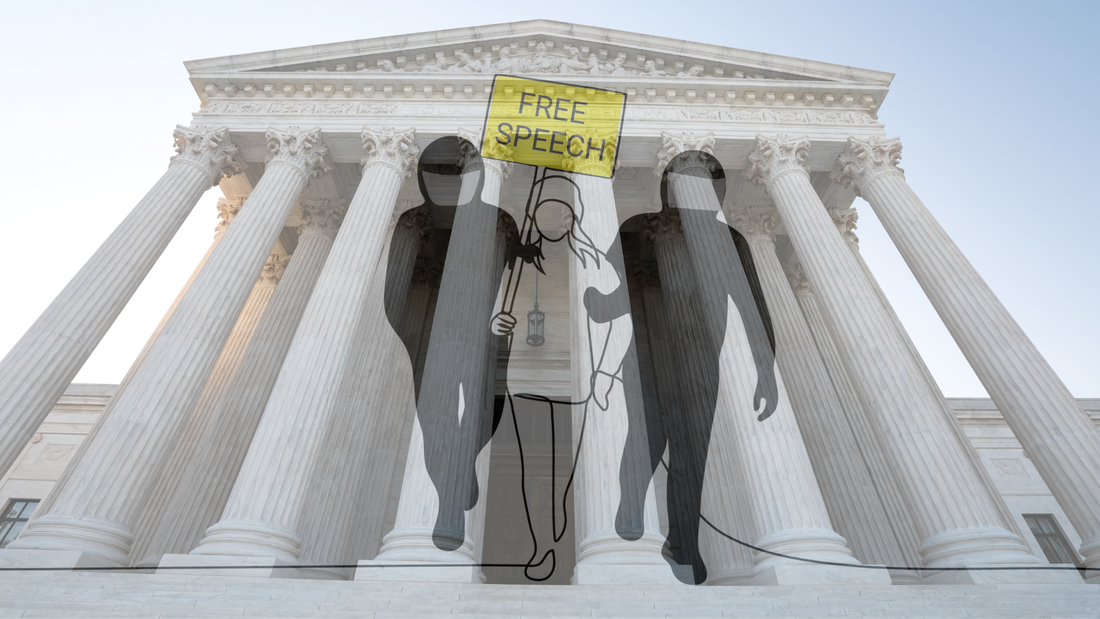
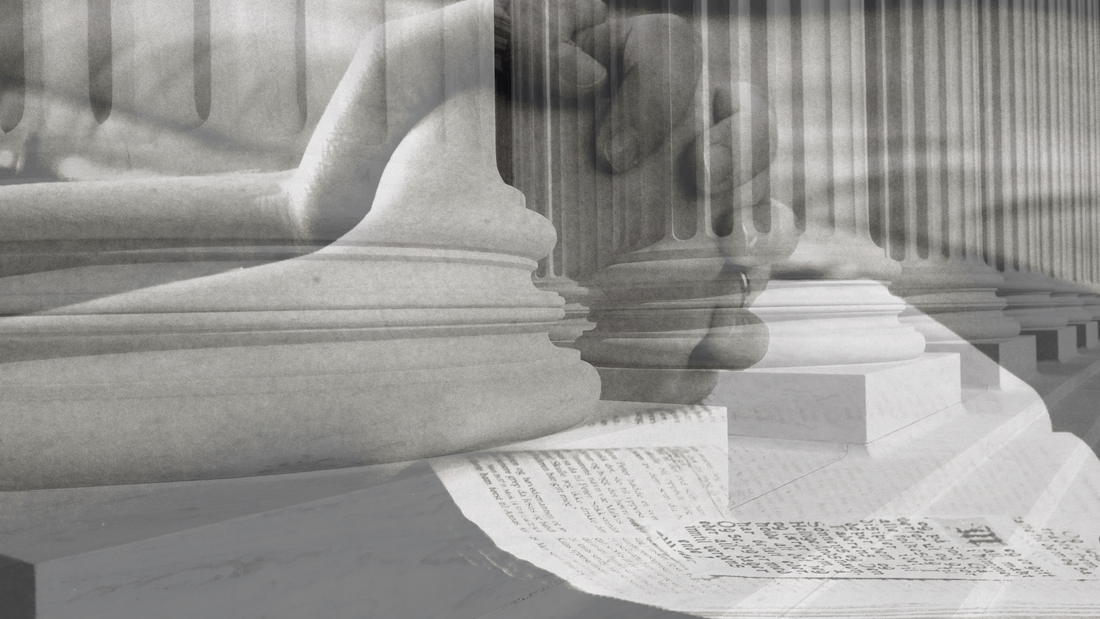
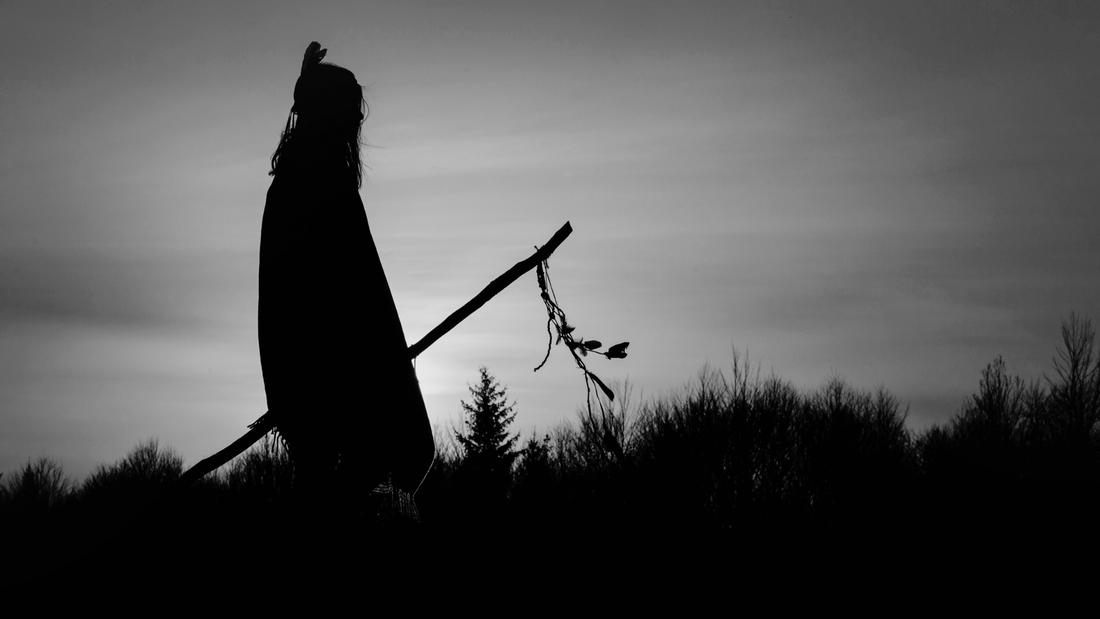
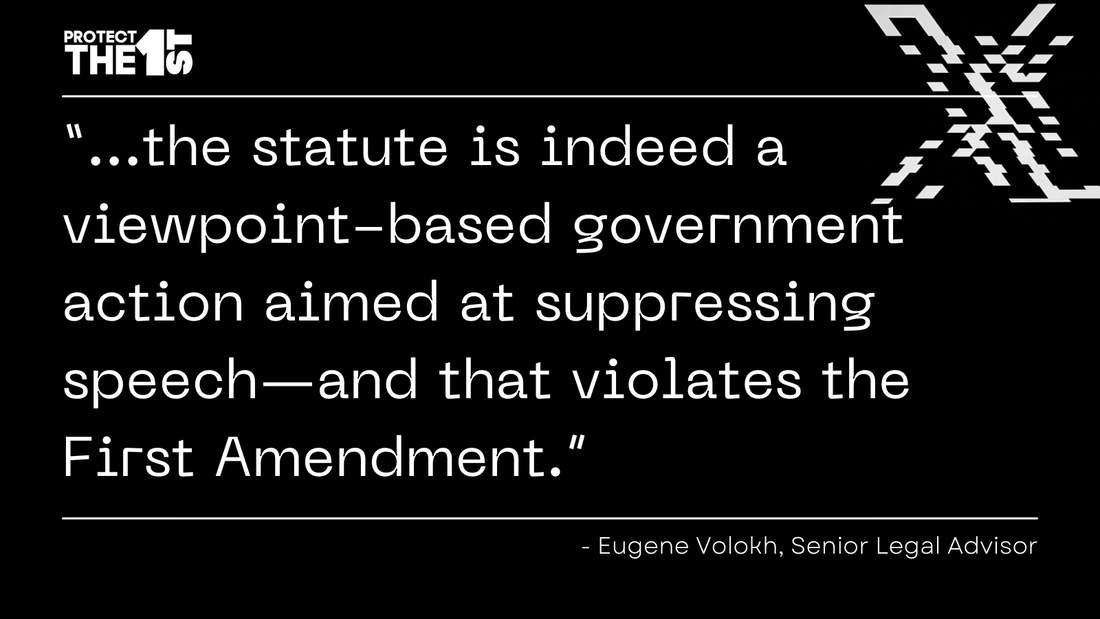
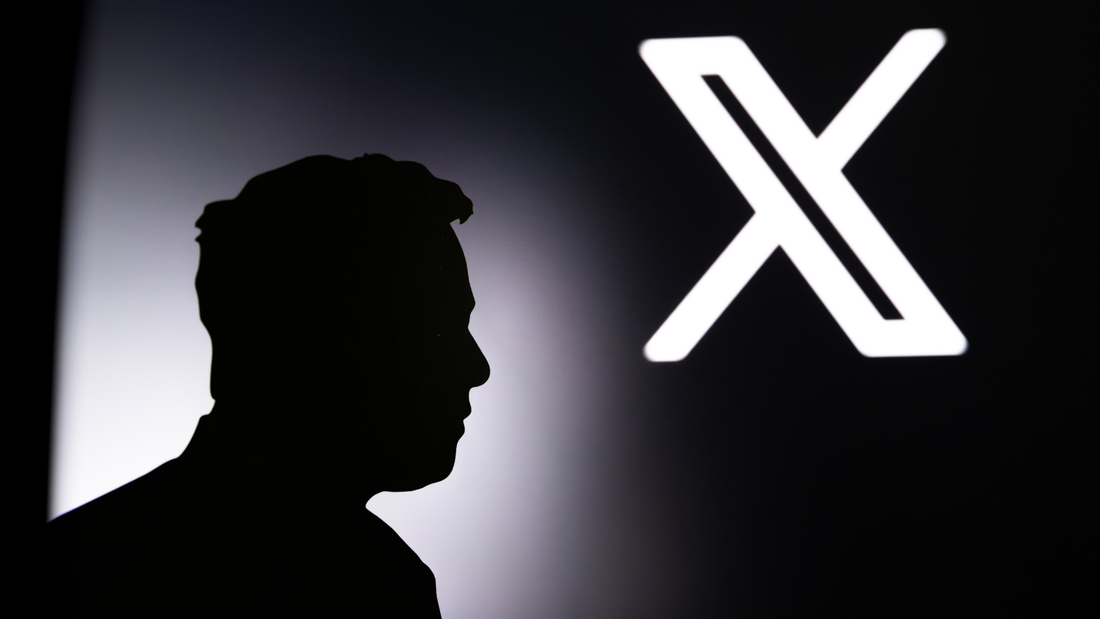
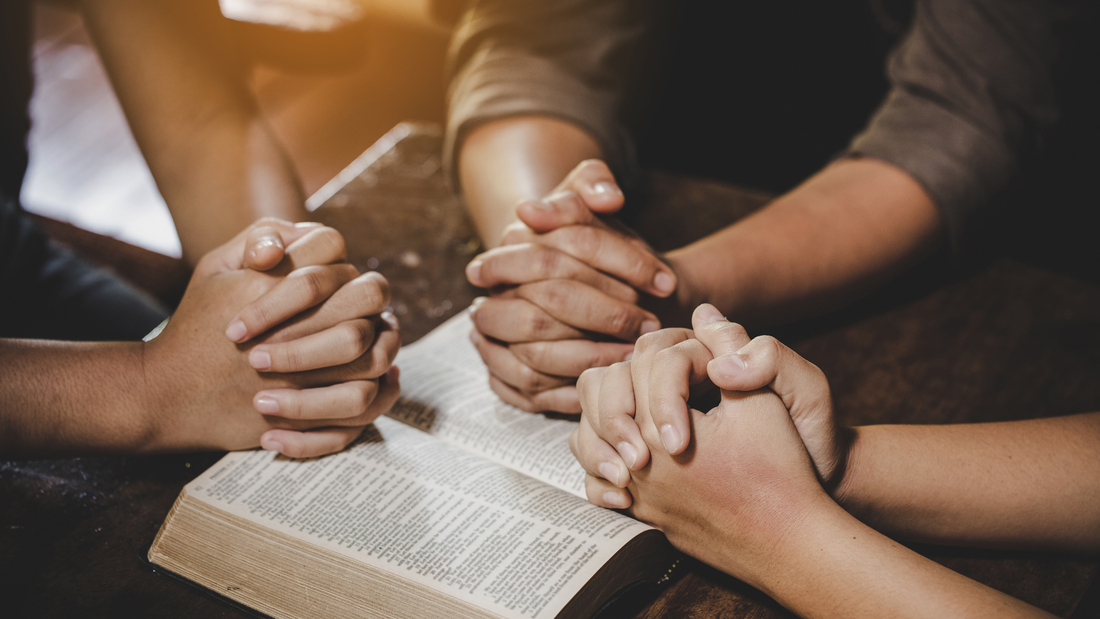
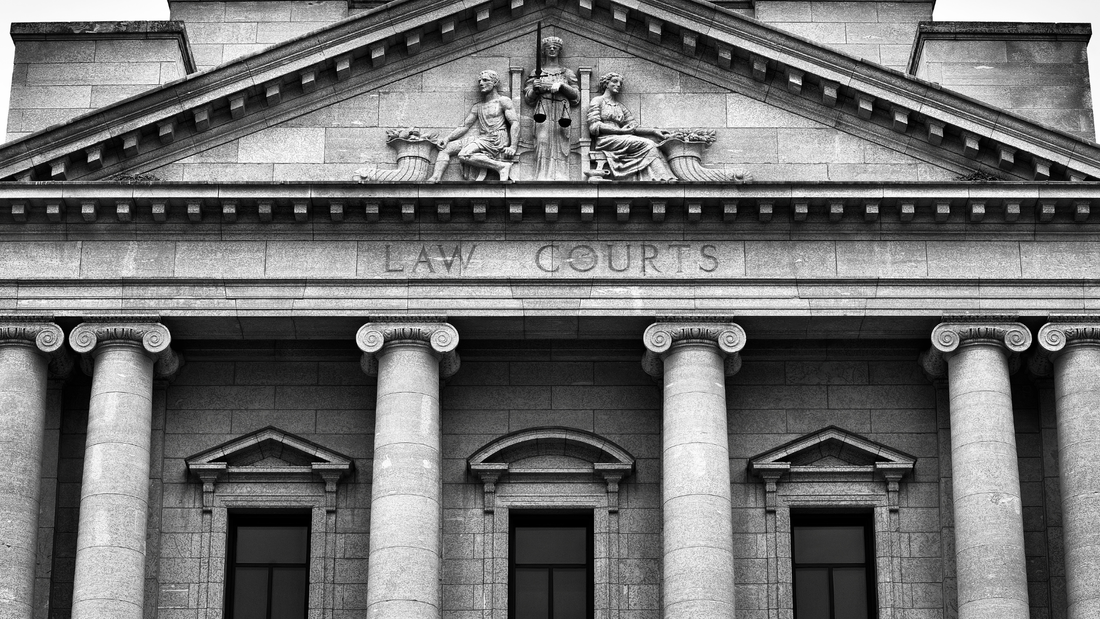
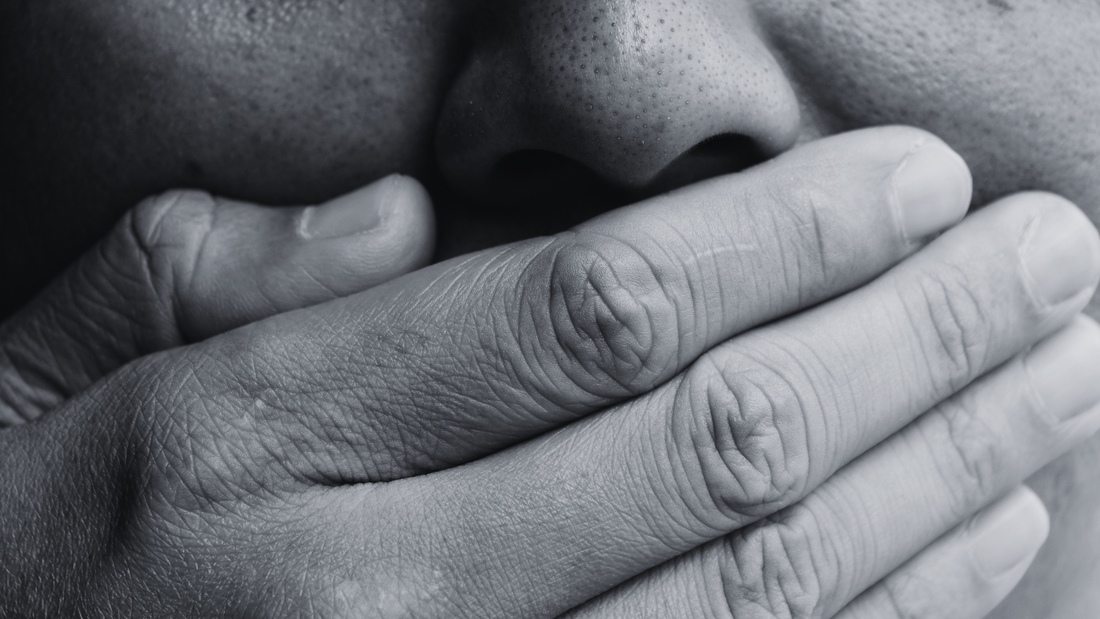
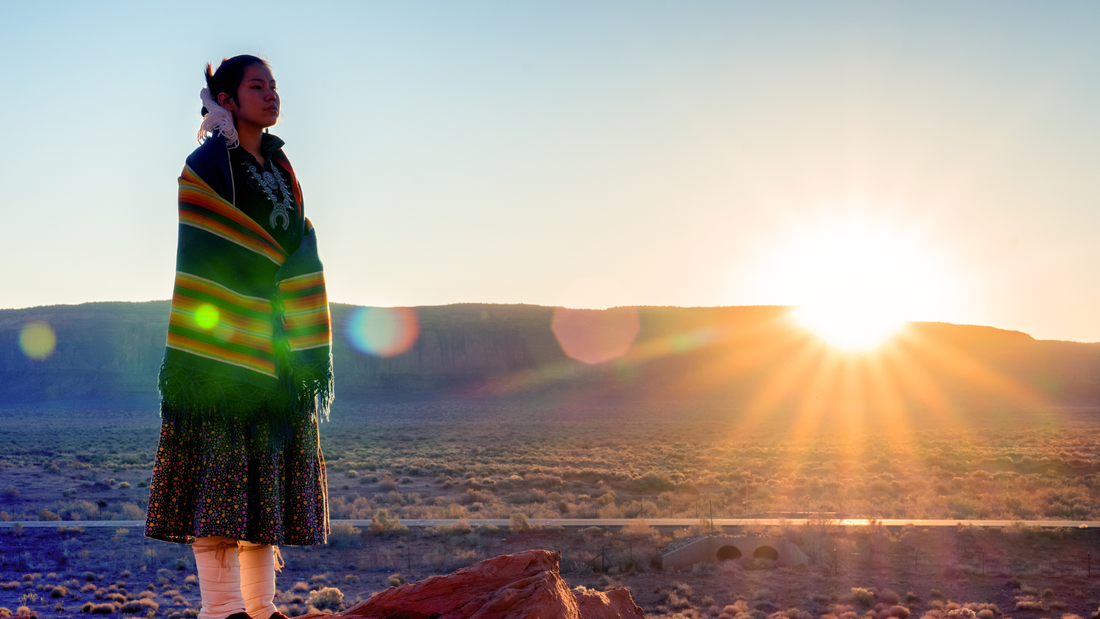
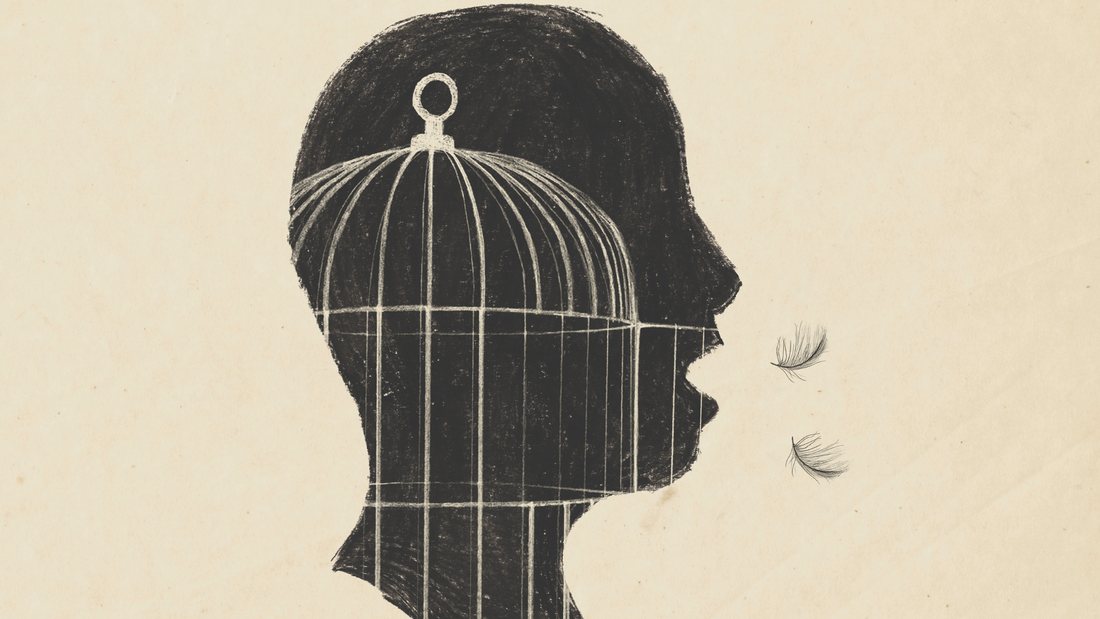

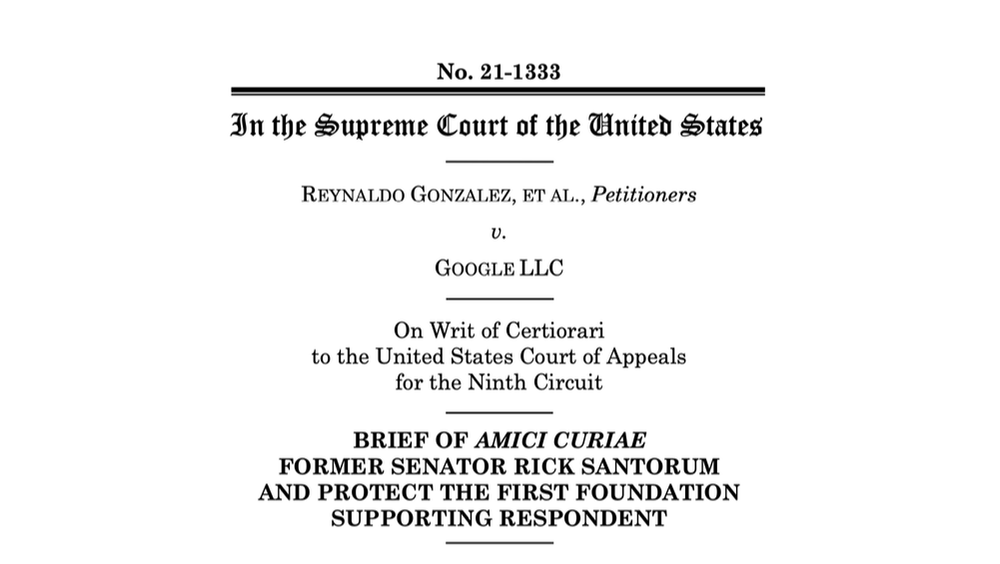
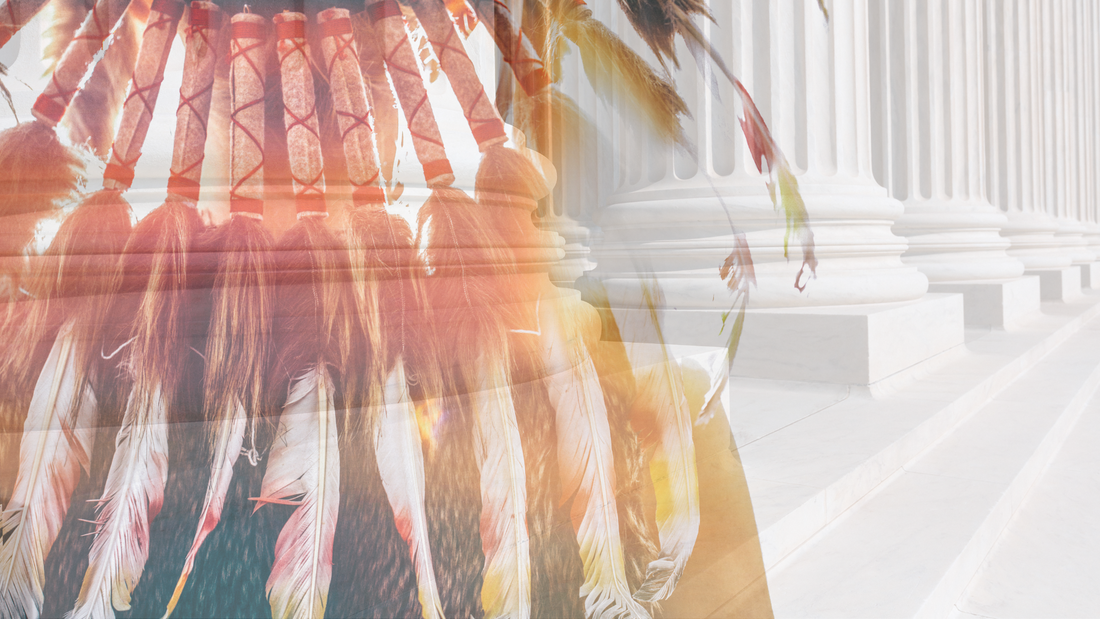
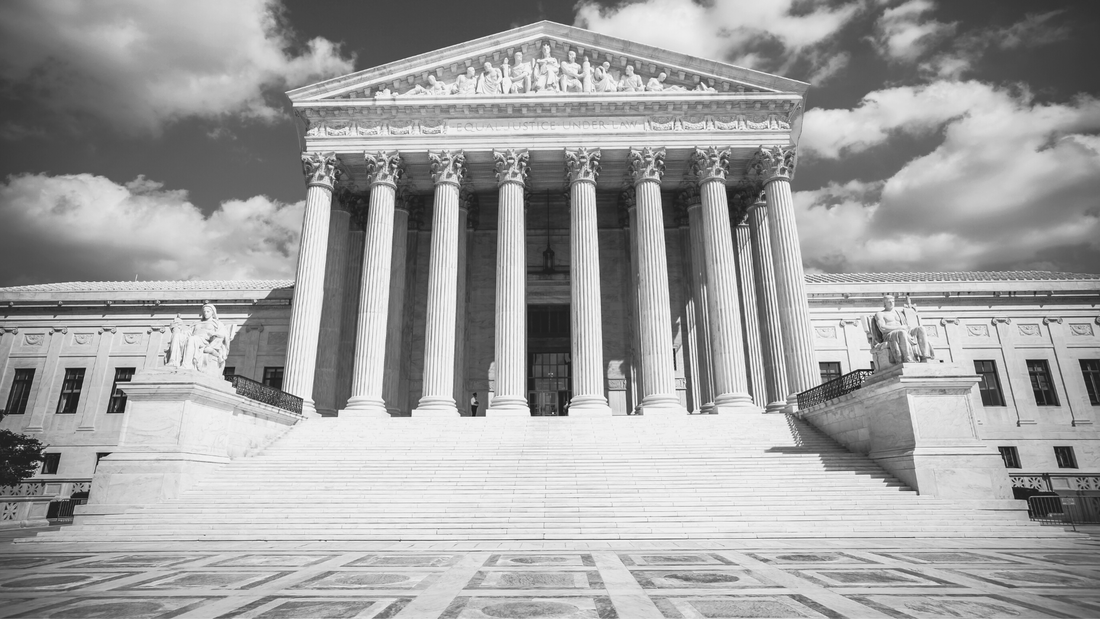

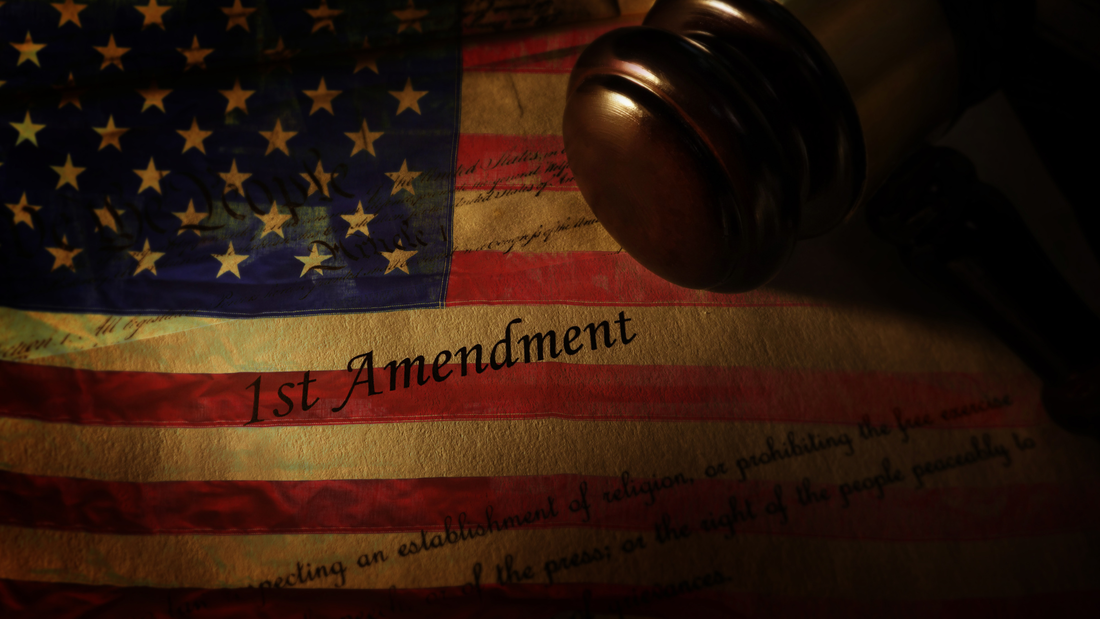
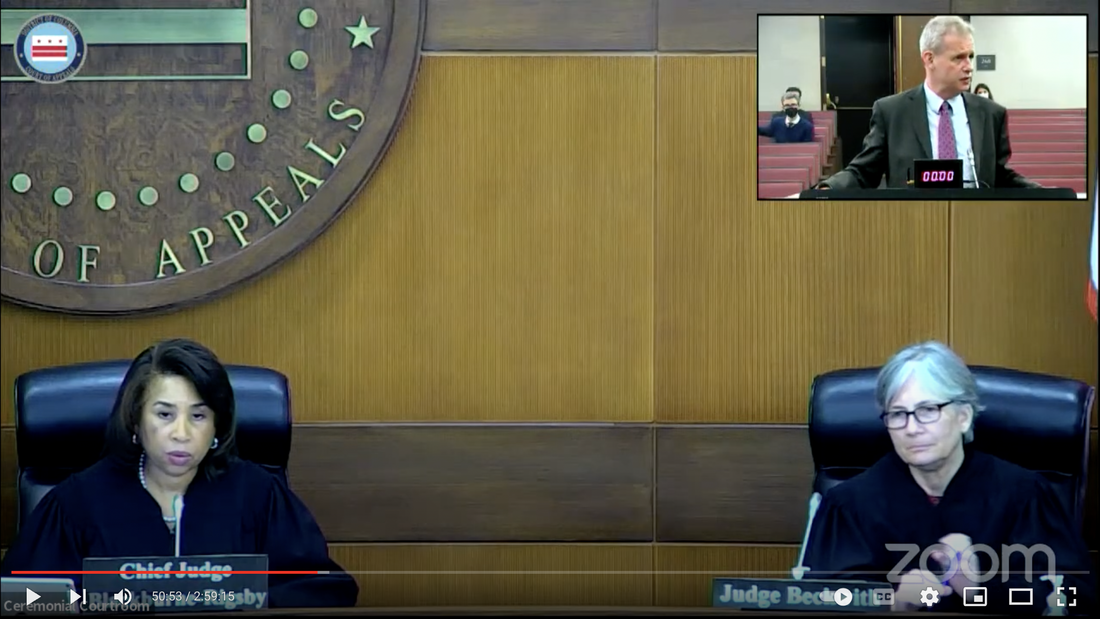
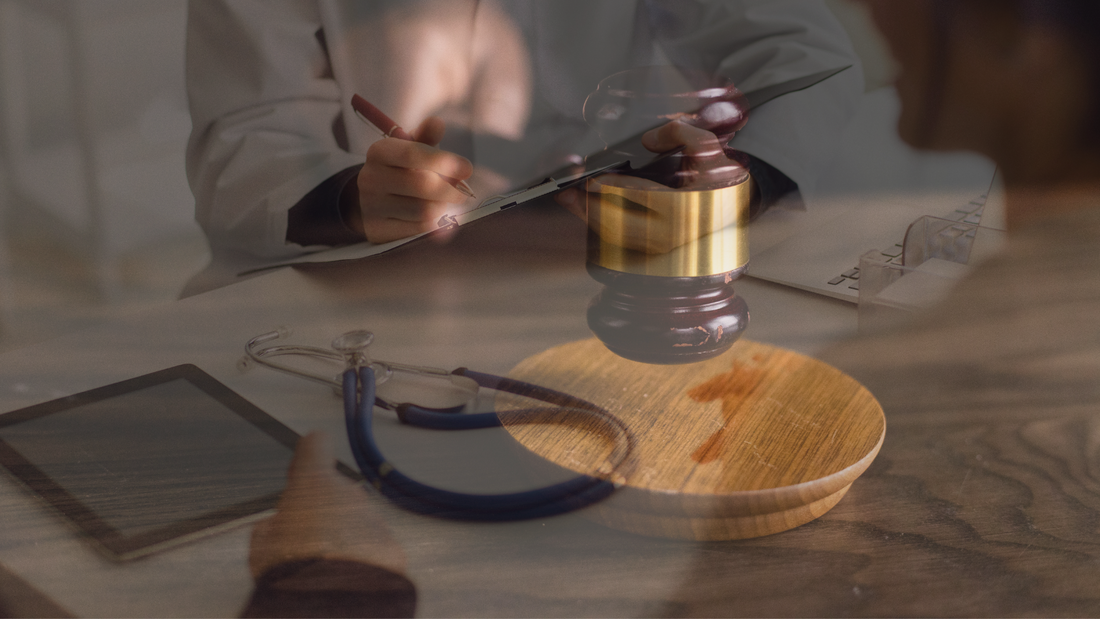
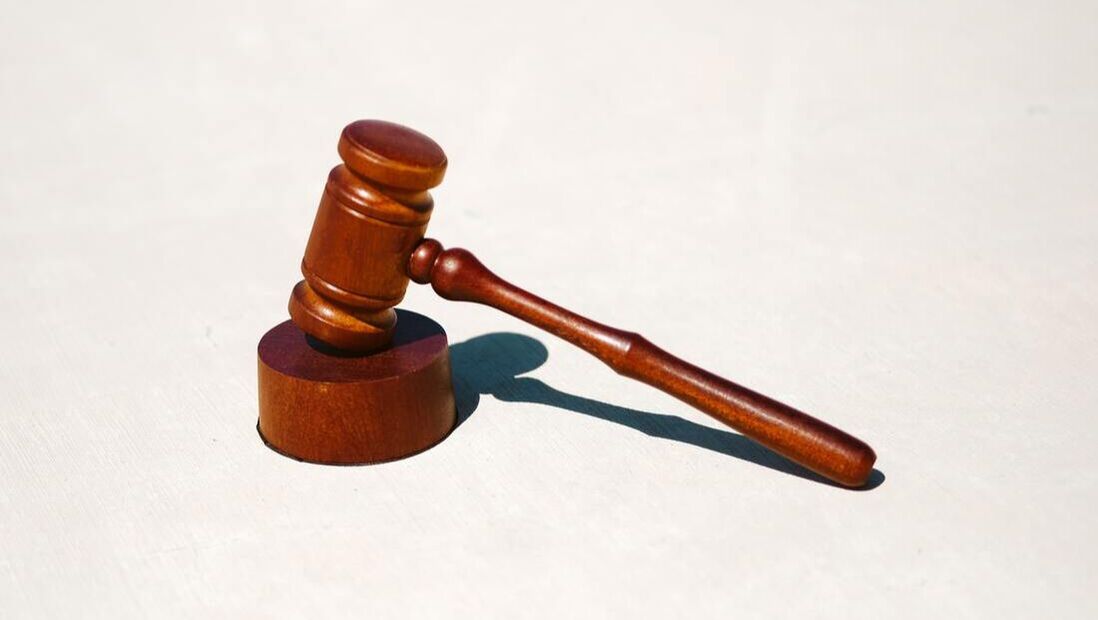
 RSS Feed
RSS Feed